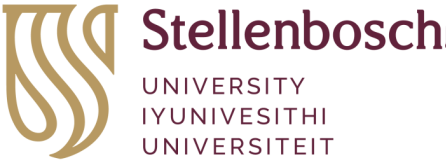Mechanical engineering is characterised by the field’s involvement in structures, motion and transfer of energy. Mechanical engineers are responsible for the design, development, production and marketing of, for example, machines and machine elements, vehicles, aeroplanes, vessels, missiles, cooling systems, cooling towers and engines. They also organize and manage industrial installations and process plants and therefore play a crucial role in almost all engineering projects to ensure that resources are used efficiently.
Thermodynamics, fluid mechanics, structural mechanics and mechanical design are the most important disciplines in these fields. Training is therefore many-faceted and leads to important and professional careers in e.g. air conditioning and cooling, power generation systems, conservation of energy, transportation engineering, aeronautics, noise and vibration and biomedical engineering. At graduate level, mechanical engineers can specialize in a wide variety of fields. Please visit our web pages on Postgraduate Studies and Research for more information on the available options.
What you will study
In the first year of the BEng degree programme, a foundation is laid in mathematics, the natural sciences and engineering drawing. In the second year, the emphasis is on mathematics and the engineering sciences. Apart from further work in the engineering sciences and complimentary studies, such as project management, the spotlight focuses sharply on engineering problems and design in the third and fourth years of study.
Please visit the web site of the Faculty of Engineering for a downloadable version of our Calendar This document contains more information on undergraduate study such as the curriculum of each year of study.
Careers in Mechanical Engineering
There are many career options – from design, production, development, sales, research management or maintenance in industries such as:
- Aerospace industry
- Automotive industry
- Biomedical engineering
- Business and management
- Construction
- Product development
- Education
- Energy supply and alternative forms
- Manufacturing and automation
- Marine engineering
- Mining
- Research and development
- Transport



